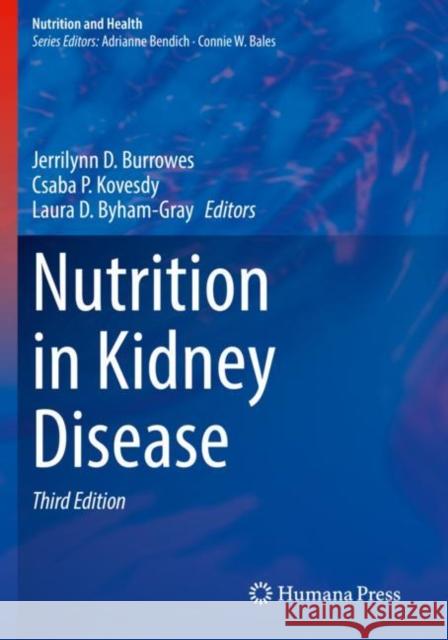Nutrition in Kidney Disease » książka
topmenu
Nutrition in Kidney Disease
ISBN-13: 9783030448608 / Angielski / Miękka / 2021 / 694 str.
Nutrition in Kidney Disease
ISBN-13: 9783030448608 / Angielski / Miękka / 2021 / 694 str.
cena 642,56
(netto: 611,96 VAT: 5%)
Najniższa cena z 30 dni: 501,19
(netto: 611,96 VAT: 5%)
Najniższa cena z 30 dni: 501,19
Termin realizacji zamówienia:
ok. 22 dni roboczych.
ok. 22 dni roboczych.
Darmowa dostawa!
Wydawca:
Humana
Seria wydawnicza:
Język:
Angielski
ISBN-13:
9783030448608
Rok wydania:
2021
Wydanie:
2020
Numer serii:
000115687
Ilość stron:
694
Waga:
1.26 kg
Wymiary:
25.15 x 19.56 x 3.56
Oprawa:
Miękka
Wolumenów:
01
Dodatkowe informacje:
Wydanie ilustrowane











